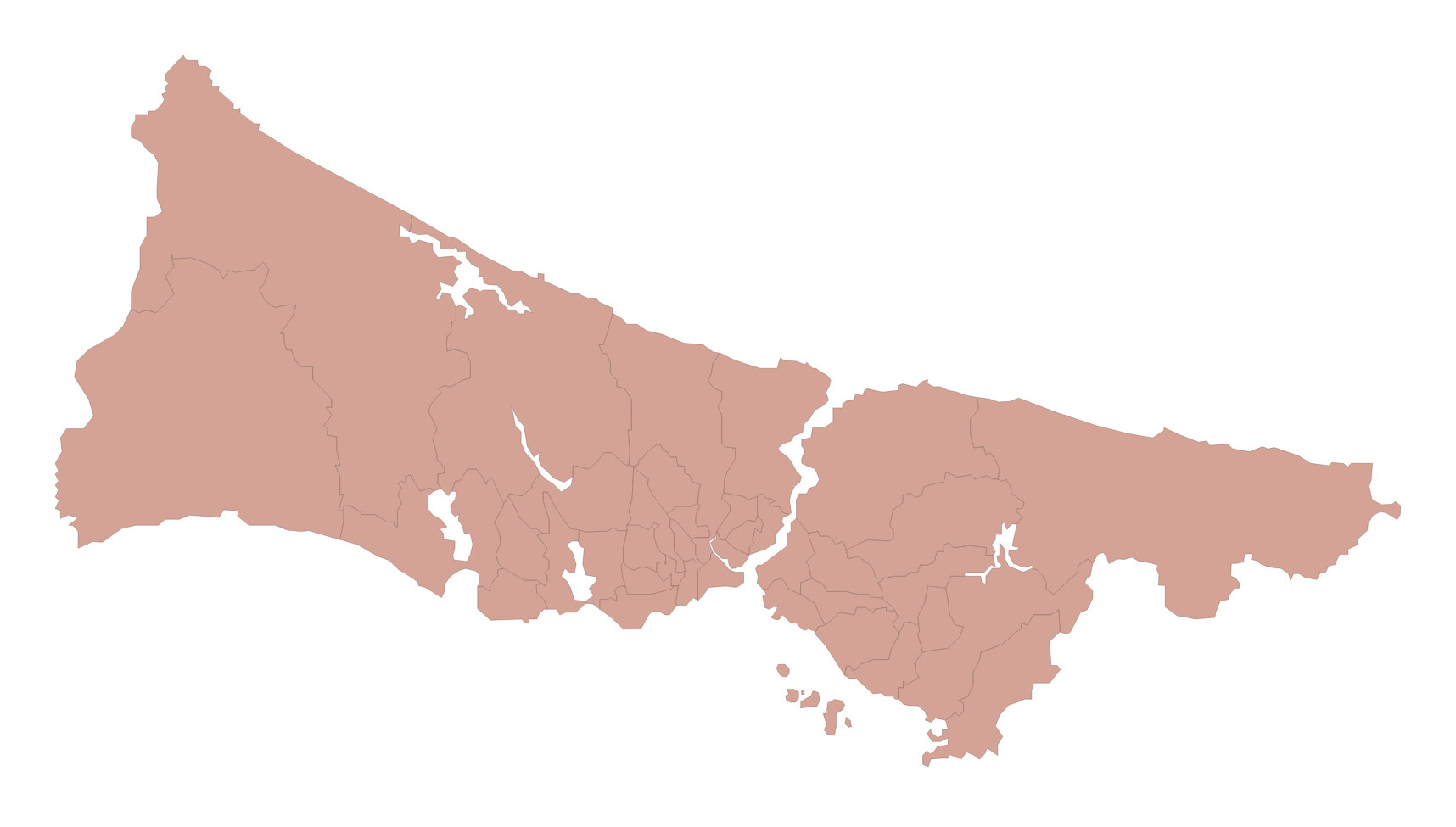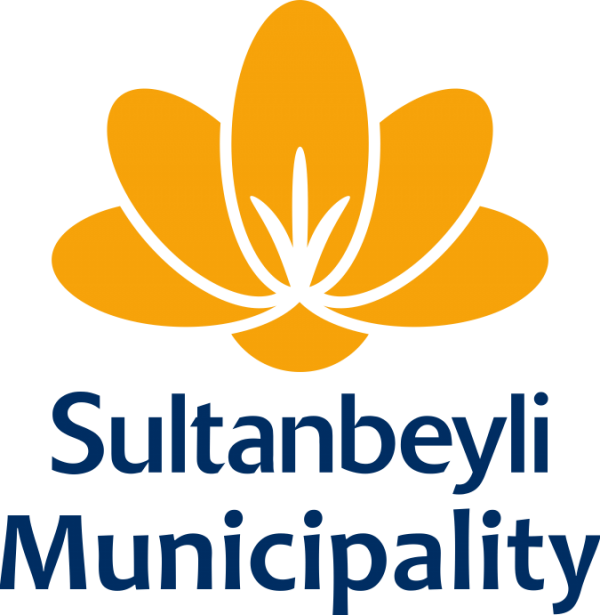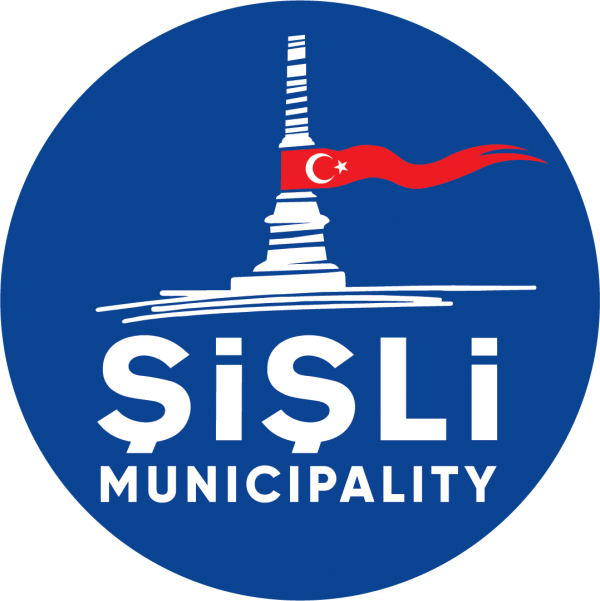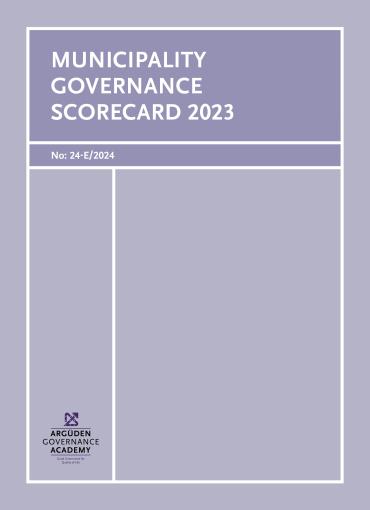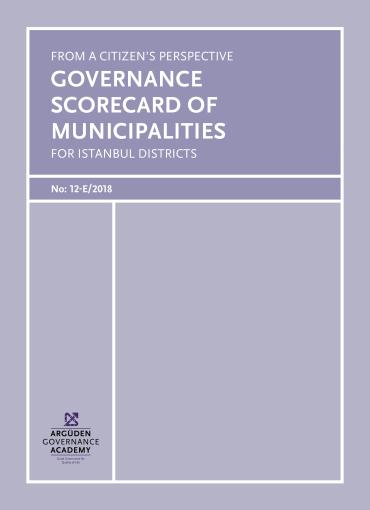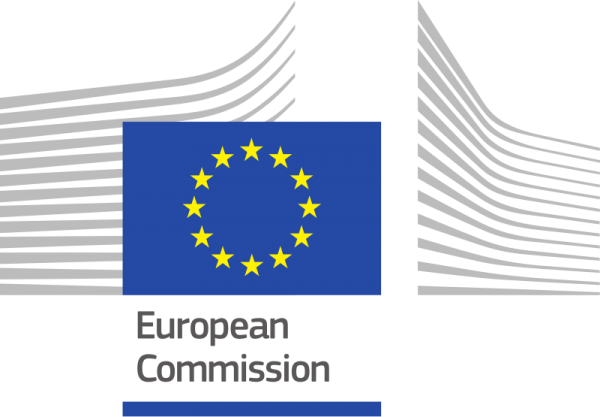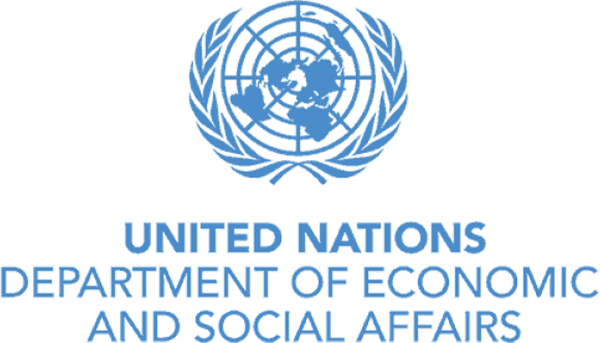Municipality Governance Scorecard
In our Municipality Governance Scorecard research, we examined the 37 district municipalities in Istanbul from the perspective of citizens, process governance, governance principles, and the learning cycle.
With this research, we aim to contribute to the development of a governance culture in local governments, specifically municipalities, and to enhance the quality of life for citizens. The reform process in municipalities, which began with the adoption of Law No. 5393 in 2005, has established a municipal model that complies with internationally accepted principles. This law has strengthened municipalities in terms of their duties and authorities and triggered the adoption of good governance principles in municipalities. As a result, the goal was to create a local government structure that promotes citizen participation, inclusiveness, transparency, and accountability. Our research is centered around citizens, relying on objective and concrete data. We examine the level of adoption of the concept of good governance, which enhances trust in institutions, through accessible data for citizens.
We present a Guide that outlines the ways in which municipalities can implement good governance by measuring, learning, and improving in various processes and principles. Our approach differentiates our research from existing local and international studies. The Guide, based on the implementation and internalization of good governance principles in different areas, sets out the necessary steps to be adopted by a municipality. In determining these steps, we have selected leading members of the Advisory Board who are experts in theory and practice, including Fikret Toksöz, the Project Leader, our founding donor ARGE Danışmanlık, and Dr. Yılmaz Argüden, as well as valuable Advisory Board members Emeritus Prof. Dr. Korel Göymen, Prof. Dr. Ersin Kalaycıoğlu, Assoc. Prof. Dr. Erbay Arıkboğa, and retired Governor Enver Salihoğlu, who have provided active guidance in terms of theory, measurement methods, legislation, and practices.
In our research, 37 out of the 39 district municipalities in Istanbul were included in the study. Adalar and Şile municipalities were not included in the study due to their non-inclusion in the strategic planning scale as required by Law No. 5018. Approximately 23.9% of the population, which accounts for about 62 million people living in district municipalities in Türkiye, reside in Istanbul district municipalities. This study, aimed at improving the quality of life for citizens, focuses on Istanbul, where population density is high. Although the scorecard is created for Istanbul district municipalities, the Guide in question will serve as an example for all other municipalities in Türkiye. In the future, there are plans to expand the study to other provinces. Furthermore, we hope that our developed model will serve as an exemplary model at the international level.
In our study, we address good governance in municipalities through three fundamental dimensions. Each of these dimensions complements and cannot be considered separately in municipalities that have embraced a culture of good governance.
The first dimension is processes:
- Governance in the decision-making process
- Governance in resource utilization processes
- Governance in service delivery
- Institutional functioning
The second dimension is good governance principles:
- Representation and participation
- Fairness
- Responsibility and responsiveness
- Effectiveness and efficiency
- Transparency
- Accountability
- Consistency
The third dimension involves the implementation of measurement and learning cycles:
- Establishing a structure that aligns with good governance principles
- Effective implementation of the principles within the structure and ensuring their compatibility
- Conducting measurements for each implementation, evaluating the results, and implementing improvements to the structure and institutional governance capacity.















